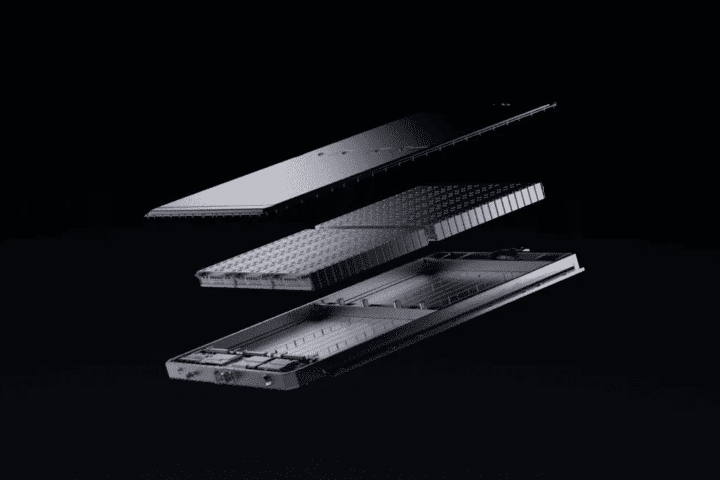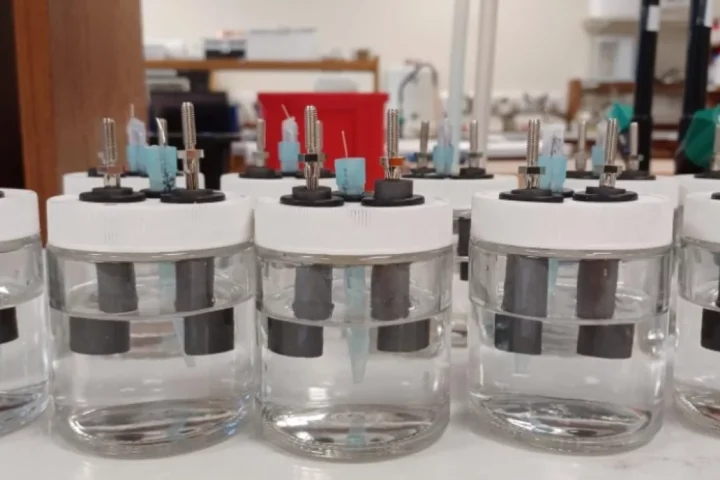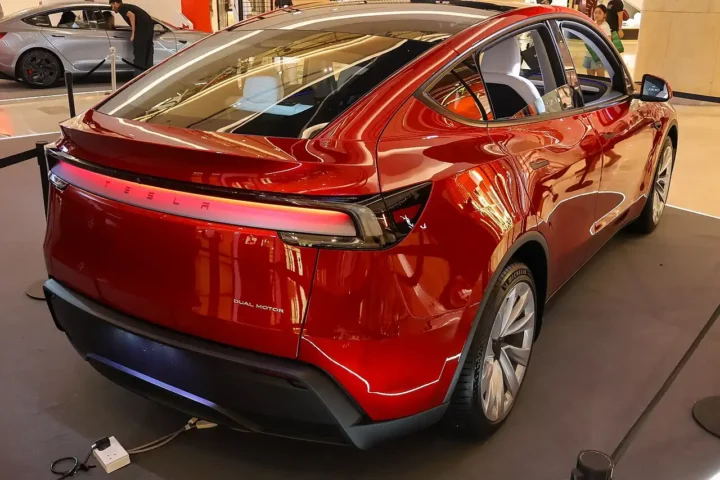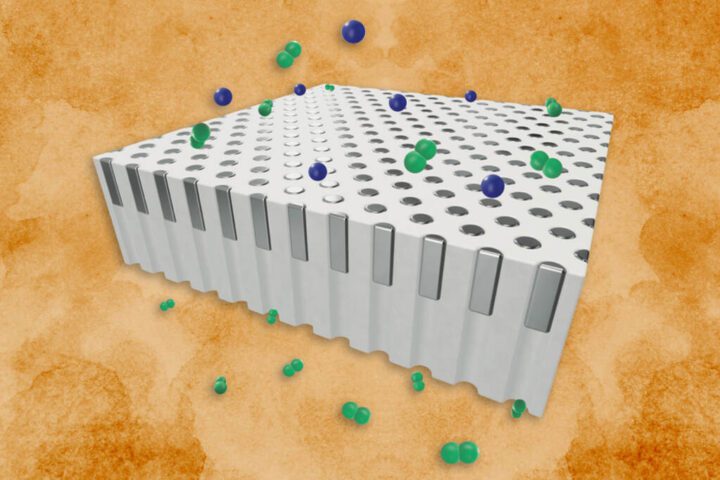A titanium-air battery has been tested by researchers for the first time and could store up to three times more energy than standard batteries. The TAB (titanium-air battery) could be a major advantage over the zinc-air combination used in small devices like hearing aids and sensors.
The scientists conducted a study at the Technion—Israel Institute of Technology in Haifa and at the Forschungszentrum Jülich, a German institute. The battery’s potential The researchers used me by using an ionic liquid made of salt and with a low melting point.
TAB may be used for large-scale stationery storage systems, using low-cost, common, and non-toxic materials, and could replace lithium, a more expensive resource. Theoretically, metal-air batteries, such as TAB, have two to three times the energy density of zinc-air batteries.
As titanium is the ninth-most frequently occurring material in the earth’s crust, the resources available are abundant. Oxygen is obtained by metal-air batteries from the ambient air via a special electrode, allowing for significantly higher energy densities than common battery types.
Researchers at Julich and the Technion collaborated closely in developing the concept of a new battery. An ionic liquid called EMim(HF)2.3F was used to store electrical energy in the titanium.
The TAB’s theoretically achievable voltage is in a similar range to that of the zinc batteries. The Technion, Forschungszentrum Julich, and RWTH Aachen University have an umbrella cooperation bilaterally.


















